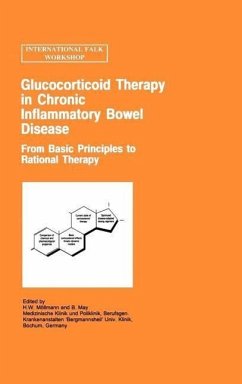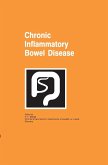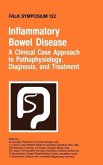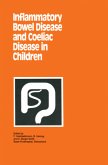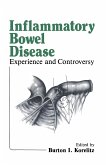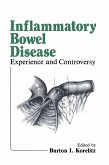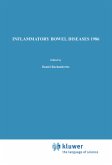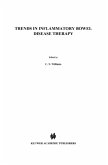The clinical efficacy of glucocorticoids in the treatment of inflammatory bowel disease has been confirmed in a multitude of controlled monocentre and multicentre studies as well as from observations of the clinical course of the disease. Although, in the past, the treatment recommendations, dose regimen, substance selection and mode of administration were deduced principally from clinical trials, in recent years experimental research has yielded a mass of therapeutically significant new results. This seeks to optimize the clinical effects of the steroids and minimize their adverse events on a rational basis by the application of the knowledge obtained in pharmacokinetic and pharmacodynamic models, taking into account the different types of protein binding and the intrinsic activity of the various glucocorticoids. However, the transfer of this type of `disease-adapted differential glucocorticoid treatment' into a clinical context involves a critical examination of the `received' notions that have characterized steroid treatment in the past, such as strictly circadian administration or time-related dose reduction, as well as proof of the clinical superiority of the new therapeutic approaches.
This book, the proceedings of a workshop on Glucocorticoid Treatment held in Strasbourg, France, identifies the current status of existing therapeutic concepts in inflammatory bowel disease, presents the pharmacokinetic and pharmacodynamic interactions in connection with the specific pharmacological properties of steroids with reference to substance differences and different modes of administration, and demonstrates their therapeutic significance.
This book, the proceedings of a workshop on Glucocorticoid Treatment held in Strasbourg, France, identifies the current status of existing therapeutic concepts in inflammatory bowel disease, presents the pharmacokinetic and pharmacodynamic interactions in connection with the specific pharmacological properties of steroids with reference to substance differences and different modes of administration, and demonstrates their therapeutic significance.

